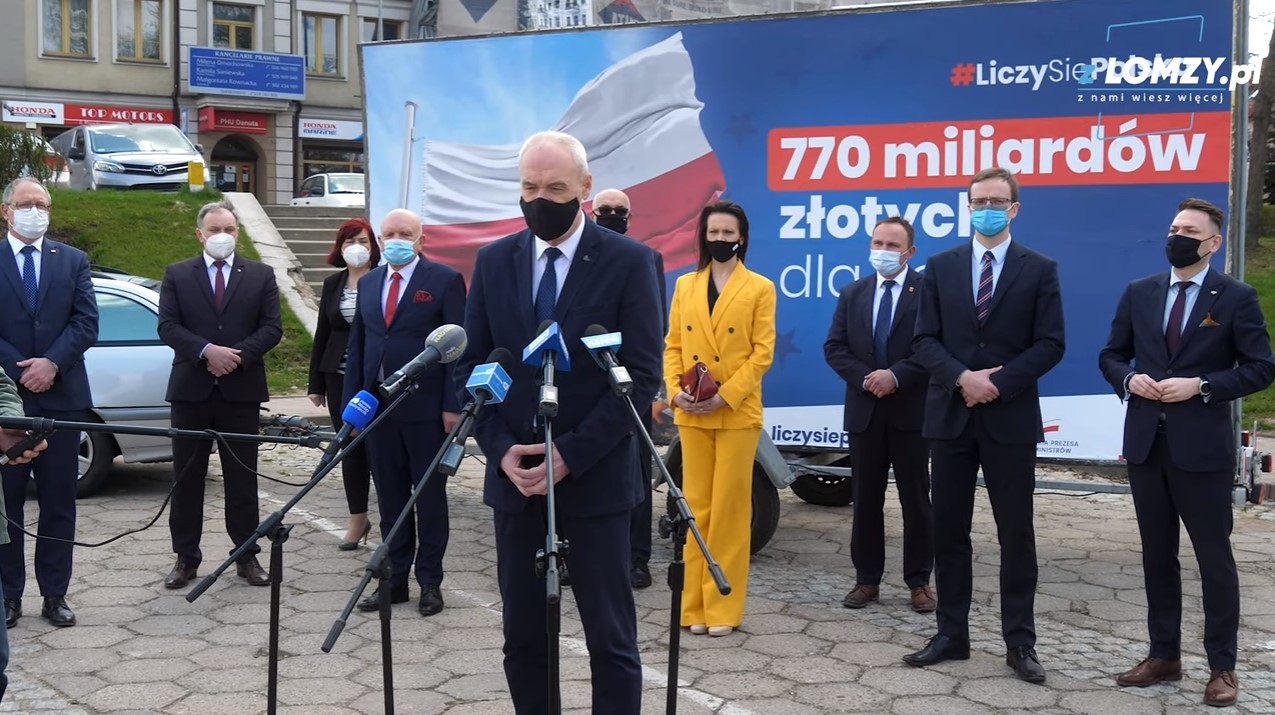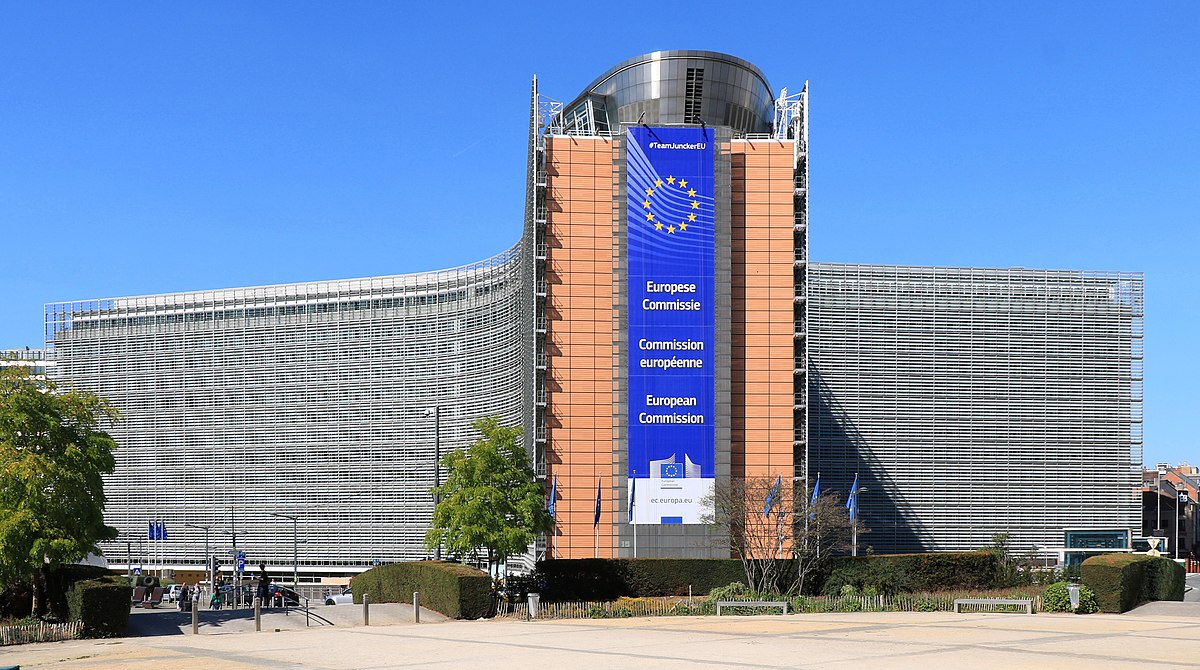Tusk and Morawiecki’s joint success

Here is how former PM Mateusz Morawiecki and the then opposition leader Donald Tusk, who had called for EU sanctions against his own country, jointly enabled the EU to achieve what it wanted: to limit Poland’s sovereignty and change its government.
Paweł Lisicki
Poland is going to receive a €5 billion advance on Next Generation EU funds under its National Recovery Plan, European Commission President Ursula von der Leyen announced in early December.
Standing next to her was a smiling Prime Minister Donald Tusk, who of course called this his first great success. Law and Justice (PiS) supporters disputed this, saying that Prime Minister Mateusz Morawiecki had previously arranged everything. So where is the truth?
First of all, this first 5 billion, like the next mythical tens of billions that are to be paid to Poland, is not a success at all, but a way to more closely subordinate Poland and the Polish economy to the European Union’s great climate project. No one is even hiding it. This money, everyone agrees, is to help Poland carry out decarbonization work and fight climate change.
This means finally giving up coal mining, when coal is the one resource that Poland has in abundance and whose extraction could have contributed to its energy independence. The fight against climate change is very much reminiscent of what used to be called tilting at windmills.
How to sell your virtue for your own dollar – EU loans for Poland unlocked for Siemens’ sake
Secondly, whatever may be claimed by Civic Platform (PO) supporters (Tusk’s great victory) and Law and Justice supporters (Morawiecki’s diplomatic mastery), the fact that the EU announced the allocation of this money to Warsaw after the October 15 elections and after the anti-PiS coalition took power on December 13 shows that Brussels had been using EU funds as an instrument of pressure from the beginning. In 2020, Prime Minister Morawiecki’s government had an ace in its hand. Without its approval, the EU could not incur joint debts, and therefore could not create this so-called Next Generation EU recovery fund either.
Mateusz Morawiecki did not take advantage of this. He agreed to incur common debt and at the same time agreed to the European Commission deciding on the allocation of EU funds to individual member states based on an arbitrary “rule-of-law” conditionality mechanism. Then, he announced that he had obtained this EU money, hanging billboards all over Poland, on which he boasted about the 770 billion zlotys he had “received.”
He had thus put himself in a trap: The European Commission was not going to give any money to the PiS government. It played for time and hinted that the money would show up if Donald Tusk won the election. It was so obvious that the outrage now being presented by some Law and Justice politicians, when they protest that “the EU has cheated us,” only shows their immaturity. Brussels wanted to replace the government in Poland and did so largely with the help of PiS itself.
The Morawiecki government really had two options.
The first and best option was to veto the whole thing at EU level. Since he did not use his right of veto, Morawiecki was left with a second option: he should have played down the importance of the EU money, pointing out, truthfully, that it was a loan, and one given subject to strict ideological conditions.
Prime Minister Morawiecki did the opposite: by comparing EU funds to the Marshall Plan, which he did in the Sejm in 2021, he set in motion a mechanism that could only ultimately deprive PiS of power. He condemned himself to the humiliating position of having to beg Brussels for funds that he was not going to get anyway, while persuading Poles that those funds were the key to economic development. In soccer language, one would say that Mateusz Morawiecki passed the ball to Donald Tusk, who just had to knock it into an open goal.
In fact, both enabled the EU to achieve what it wanted: to limit Poland’s sovereignty and change its government.
This article was first published in Polish as the editor-in-chief’s column in the Do Rzeczy weekly.



